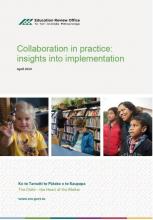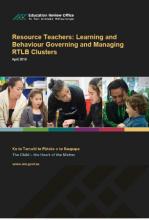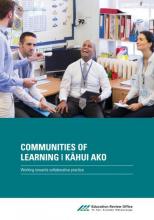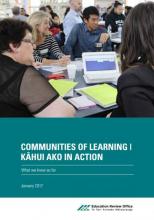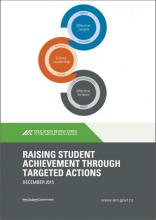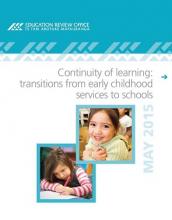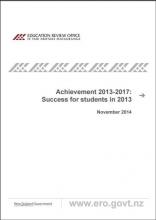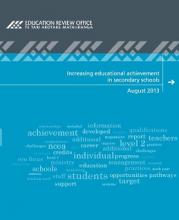Keeping children engaged and achieving in writing
This report shares some of the strategies and approaches used by schools who had focused on improving achievement in writing. It also shares some simple strategies used in classrooms where achievement in writing had been accelerated.

